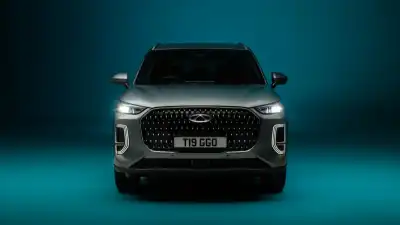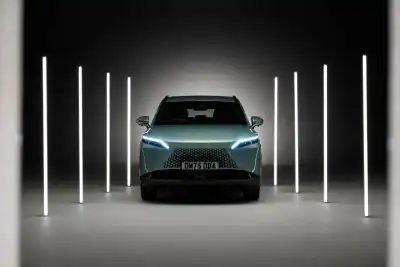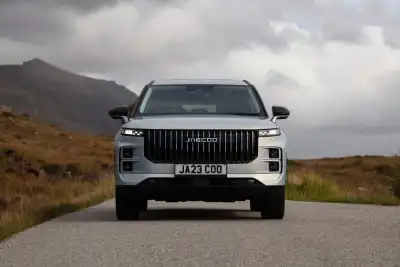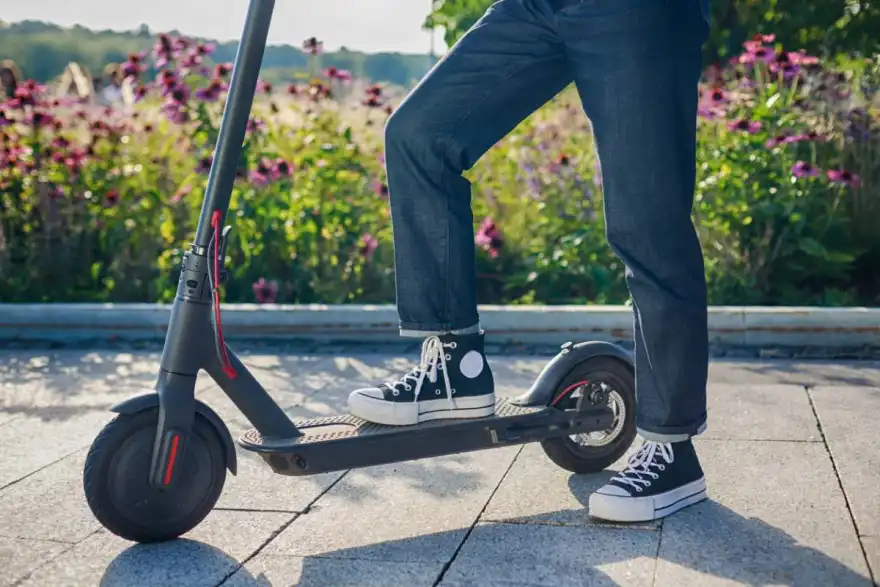
The e-scooter trial that lets people rent these small, zero emission, electric vehicles to ride on public roads could start by June 30th 2020, the UK Government recently hinted. This is far sooner than planned. So, why the rush to change the law? Why the rush to join other countries and make it legal to use electric scooters in public areas – rather than exclusively on private land?
Naturally, the United Kingdom is emerging from its coronavirus lockdown and this presents certain challenges. Social distance while travelling, for example. This is tricky on crowded trains, buses, and water taxis but easier on scooters. Making it easier to social distance should reduce the number of people who catch the virus. The new e-scooter trial has therefore been brought forwards.
E-scooters might have further uses. They might ease the burden on public transport and encourage people to use cars, vans, and motorcycles less often. There might then be less pollution to damage the environment and cause health issues. Breathing problems, for example. There might also be less traffic congestion. However, all these points can be debated. There are two sides to every coin.
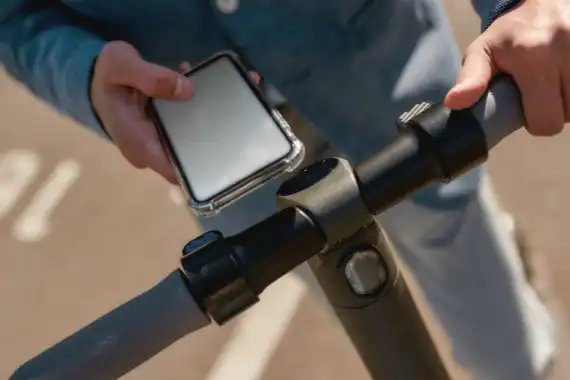
Trial terms
The e-scooter trial will be available to ‘all local areas’, the Government said. Andy Street, West Midlands Mayor, is particularly keen. ‘The trial will bring flexibility, choice, and greener travel solutions for the region at a time when we are facing a climate emergency and urging people to leave the car at home’, he affirmed.
Furthermore, rumours suggest that e-scooters will be allowed on cycle lanes and most roads. They will not be permitted on pavements, though. Riders will have to be at least 18 and have a driving licence. Also, only scooters rented for the trial from named companies will be legally used in such ways. Privately owned e-scooters will still only be permitted on private land (like now).
There will also be a strict definition of what constitutes an ‘e-scooter’. It will likely have a maximum speed of 12.5 mph, for example. It will also have to weigh no more than 35 kg. Such things are the tip of the iceberg. There will be a wide range of criteria.
Critics oppose e-scooter trial
E-scooters have their critics as well as fans. The Parliamentary Advisory Council for Transport is opposed to the trial for many reasons. On safety grounds, for example. It said: ‘Regardless of law, if e-scooters are legalised in the UK some people will use them on footways – either for convenience or safety. The police will be largely unable to stop it. They do not have the resources.’


